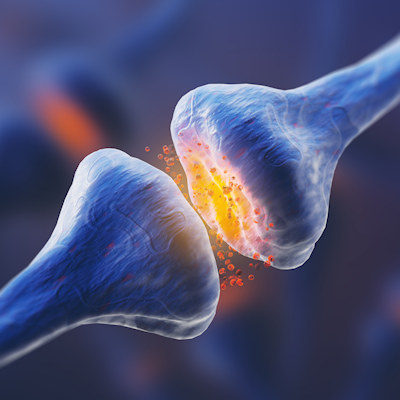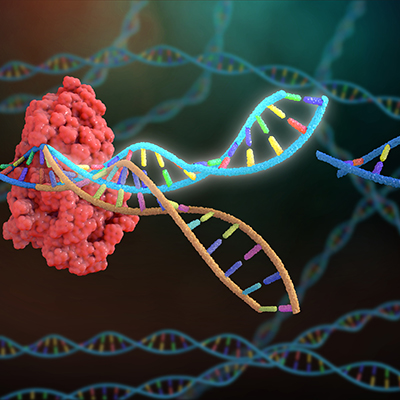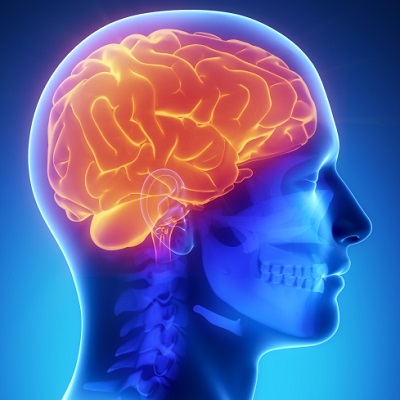 Harvard’s Wyss Institute spins out protein detection technology to create Spear Bio
Harvard’s Wyss Institute spins out protein detection technology to create Spear Bio
The Wyss Institute for Biologically Inspired Engineering at Harvard University has licensed technology for detecting proteins in small patient samples to a newly formed startup. Read More
 Boosting neuron production offers viable treatment strategy for Alzheimer’s: mice study
Boosting neuron production offers viable treatment strategy for Alzheimer’s: mice study
A new study from University of Illinois Chicago researchers shows that boosting neurogenesis, the process by which new neurons are formed in the brain, increases the number of newly formed neurons involved in storing and retrieving memories in the hippocampus of mice with Alzheimer’s disease. Read More
 Discovery of widespread DNA damage in stem cell lines spurs call for pre-use sequencing
Discovery of widespread DNA damage in stem cell lines spurs call for pre-use sequencing
More than 70% of stem cell lines derived from human skin cells have damage to their DNA that could compromise their use in research and cell-based therapies, according to a study published August 11 in Nature Genetics. Read More
 CRISPR-Cas9 gene editing can give rise to cell toxicity, genomic instability: study
CRISPR-Cas9 gene editing can give rise to cell toxicity, genomic instability: study
Gene editing using CRISPR-Cas9 can lead to cell toxicity and genome instability depending on the targeted spot of the human genome, according to a new study by researchers at the Institute for Research in Biomedicine Barcelona. Read More
 NIH team creates 3D structure of twinkle protein, sheds light on mitochondrial diseases
NIH team creates 3D structure of twinkle protein, sheds light on mitochondrial diseases
Researchers from the National Institutes of Health (NIH) have used cryo-electron microscopy and other techniques to create a 3D structure of the twinkle protein, the final piece of the human minimal mitochondrial replisome to be structurally characterized. Read More
 Molecular, genetic mechanisms of microglia predispose individuals to Alzheimer's: study
Molecular, genetic mechanisms of microglia predispose individuals to Alzheimer's: study
Mount Sinai researchers contend they have achieved an “unprecedented” understanding of the genetic and molecular mechanisms in human microglia, immune cells that reside in the brain, providing insights into how they contribute to the development and progression of Alzheimer’s disease. Read More
 Link between genes, mitochondrial DNA reveals way to tackle cardiovascular disease
Link between genes, mitochondrial DNA reveals way to tackle cardiovascular disease
The discovery of a link between mitochondria, inflammation, and a pair of genes that help regulate blood cell growth has revealed a potential new target for atherosclerosis therapies. Read More
 Technology restores cell, organ function in pigs an hour after their deaths
Technology restores cell, organ function in pigs an hour after their deaths
Yale University scientists were able to restore blood circulation and other cellular functions in pigs a full hour after their deaths from cardiac arrest by using technology that delivers a specially designed cell-protective fluid to organs and tissues, according to a paper published August 3 in the journal Nature. Read More
 Video from AACC: PerkinElmer on diagnostics, acquisitions
Video from AACC: PerkinElmer on diagnostics, acquisitions
Greg Stock, general manager of PerkinElmer’s Euroimmun business, discussed products and technologies on display at AACC 2022, as well as the integration of acquired companies such as Oxford Immunotec. Read More
 Map of brain changes in Alzheimer’s reveals potential target cell for drug therapies
Map of brain changes in Alzheimer’s reveals potential target cell for drug therapies
A National Institute of Aging-backed project has released large-scale cellular and molecular information taken from more than 1.2 million neurons and other brain cells. Read More
Conferences
Science Briefs
Member Rewards
Earn points for contributing to market research. Redeem your points for merchandise, travel, or even to help your favorite charity.
Research Topics
Interact with an engaged, global community of your peers who come together to discuss their work and opportunities.
Connect
Tweets by @ScienceBoard






